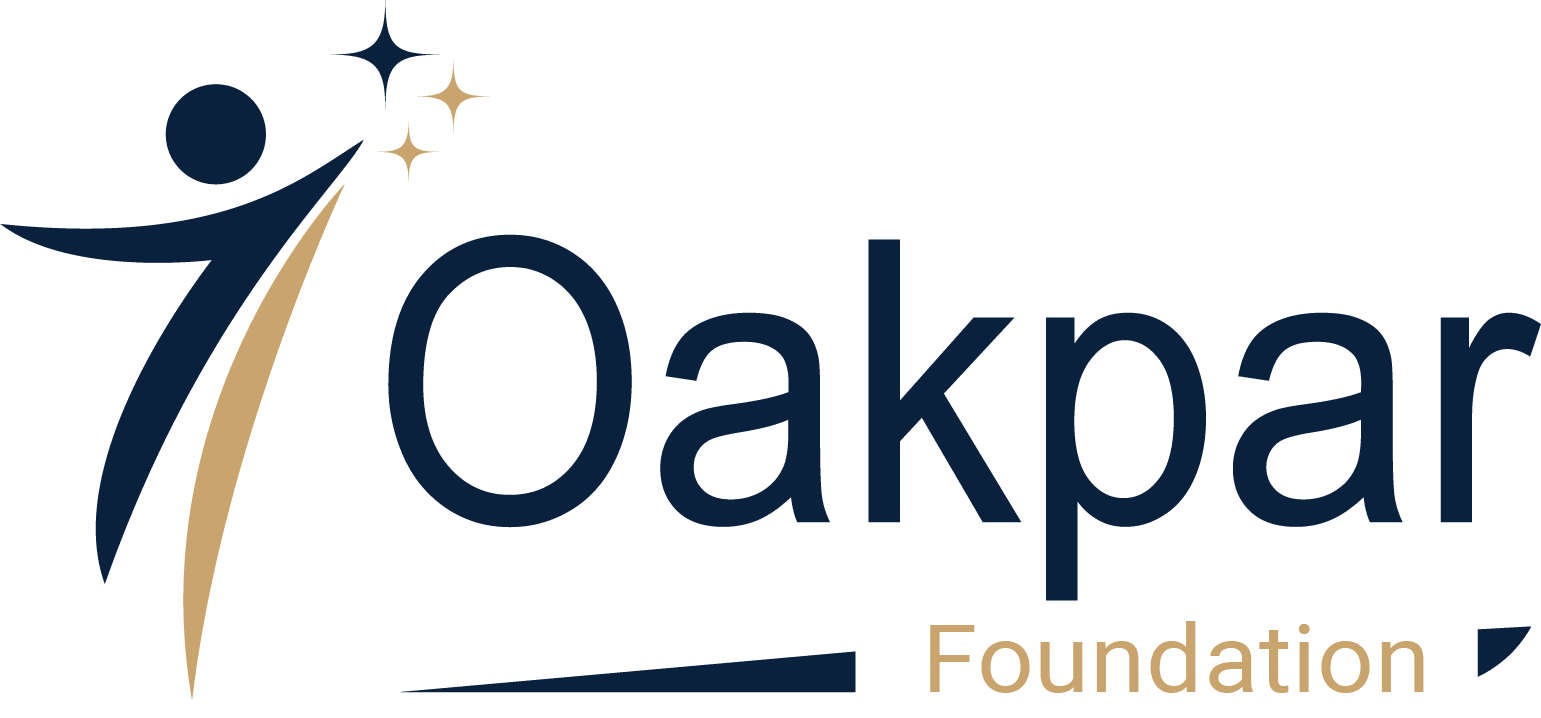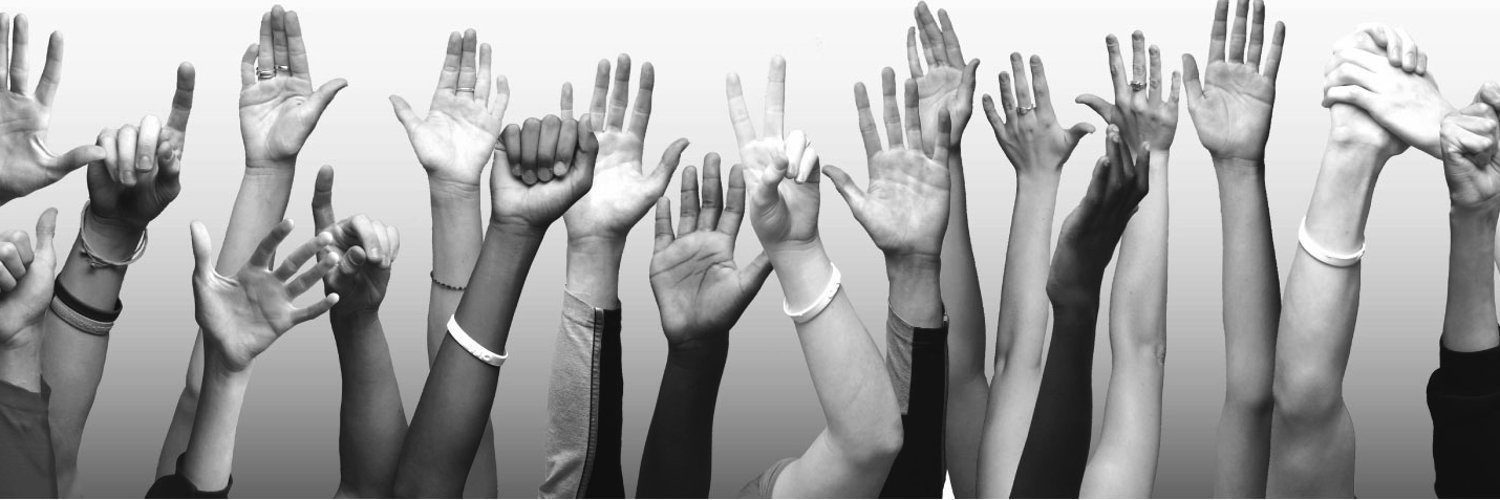Democracy and the rule of law are under threat at a time when the world faces unprecedented challenges. With the aim of addressing these challenges and formulating responses, a large group of States and organizations will meet at the 2nd Democracy Summit on March 29 and 30, 2023. Access to justice must now be solidly added to the democracy agenda.
Access to justice is a fundamental right and must be guaranteed to all. Access to justice is extremely important for building a more just and egalitarian society. Without it, the population is vulnerable and without support in cases of violations of rights, whether individual or collective. The implementation of measures that guarantee access to justice for all is directly linked to Sustainable Development Goal 16 (SDG 16) of the UN Agenda 2030, which seeks to promote peaceful, just and inclusive societies. SDG 16 emphasizes the need to build effective, accountable and transparent institutions that guarantee access to justice for all, as well as preventing and combating violence, corruption and crime. In addition, the objective seeks to ensure the right to information, promote citizen participation and strengthen the accountability of governments and institutions.
Yet a shocking 5.1 billion people around the world do not have adequate access to justice. This means that between half and two thirds of the population over 18 in most countries face one or more justice problems every 4 years. The ability to deal with justice issues is nowhere near what is needed. Courts or similar bodies only deal with about 5 to 10% of justice problems. Lack of access to justice most acutely affects the most vulnerable.
The Democracy Summit determined that now was the time to act. The new approach is called 'people-centered justice programming': an integrated approach that puts the outcomes people need at the center and redesigns justice systems around people-centered outcomes. It is a perspective that can be programmed, strategized and managed much better than what is/was being done. The people outcomes approach is similar to the approach taken by the public health sector in the 1970s. Importantly, this new vision for delivering justice is built on data (knowing people's needs and experiences), practice based on evidence (developing and sharing the interventions that work best to solve the most frequent and pressing problems people have), innovation (developing scalable and sustainable organizational models to get these interventions where they are needed); and build a financial, regulatory and political environment conducive to success.
The Democracy Summit provides an incredible opportunity to take action to scale the people-centered justice program. More and more we find professionals in the justice sector who want to start working in this way, from ministers and chiefs of justice, to court administrators, lawyers and civil society leaders.
Approach to People Results in Practice
Access to justice is a fundamental right of all people, but unfortunately, it is still a challenge for many around the world. Fortunately, some people-centred approaches have already been successfully implemented in several countries, such as Rwanda. The government organization Inama N'Umuryango acts as a “people's advocate”, providing free legal assistance to people in rural communities. This has led to a significant improvement in access to justice for these people and the resolution of their problems.
Other initiatives in different countries include the deployment of online dispute resolution services and the creation of community courts that take into account local values and culture. These innovative solutions are key to improving access to justice and giving people confidence in the justice system.
As agents of transformation, it is our role to monitor and report on the progress of these initiatives and demand that world leaders implement policies that guarantee fair and equitable access to justice for all. Democracy and the rule of law are fundamental to ensuring peace, stability and prosperity around the world, and access to justice is a fundamental pillar of these values. Lack of access to justice is a significant barrier to a nation's economic and social development. When people do not have access to fair mechanisms for resolving conflicts, trust in the system is undermined. This, in turn, can lead to more conflict and, ultimately, social instability.
The Democracy Summit is an opportunity for global leaders to commit to taking concrete steps to improve access to justice. By implementing innovative solutions, such as those adopted in Rwanda, we can ensure that access to justice is a universally respected human right. Now is the time to act, to build a fairer and more equitable world for all.




